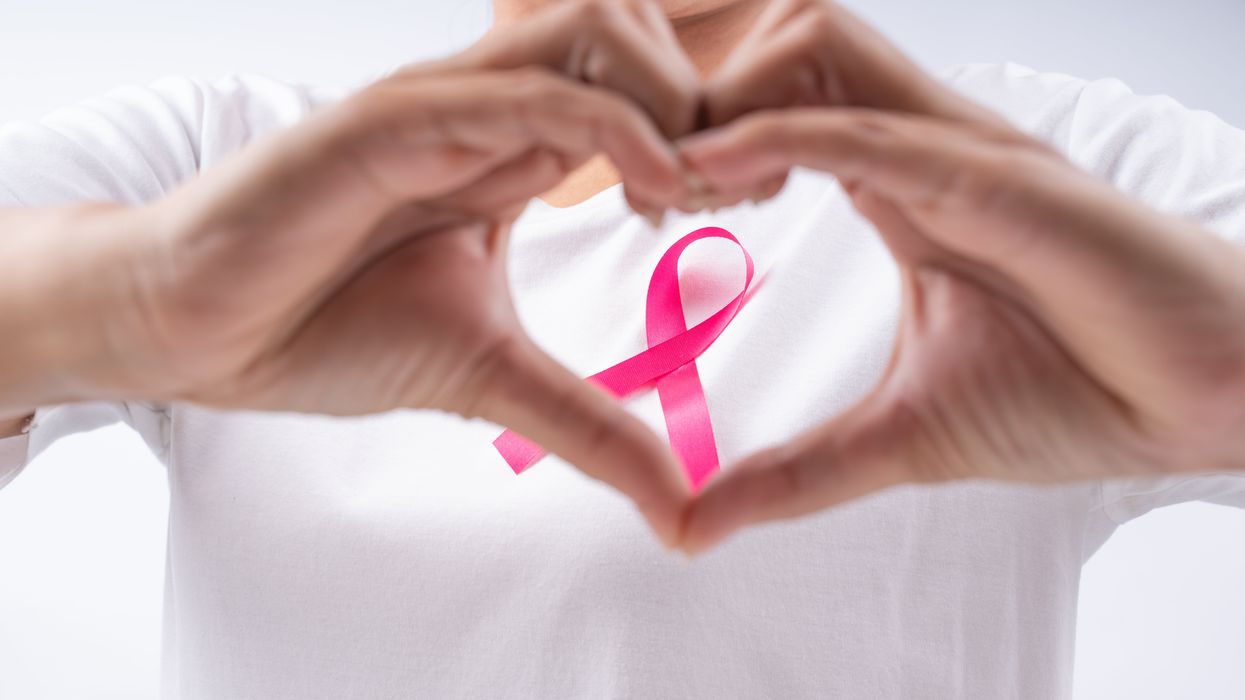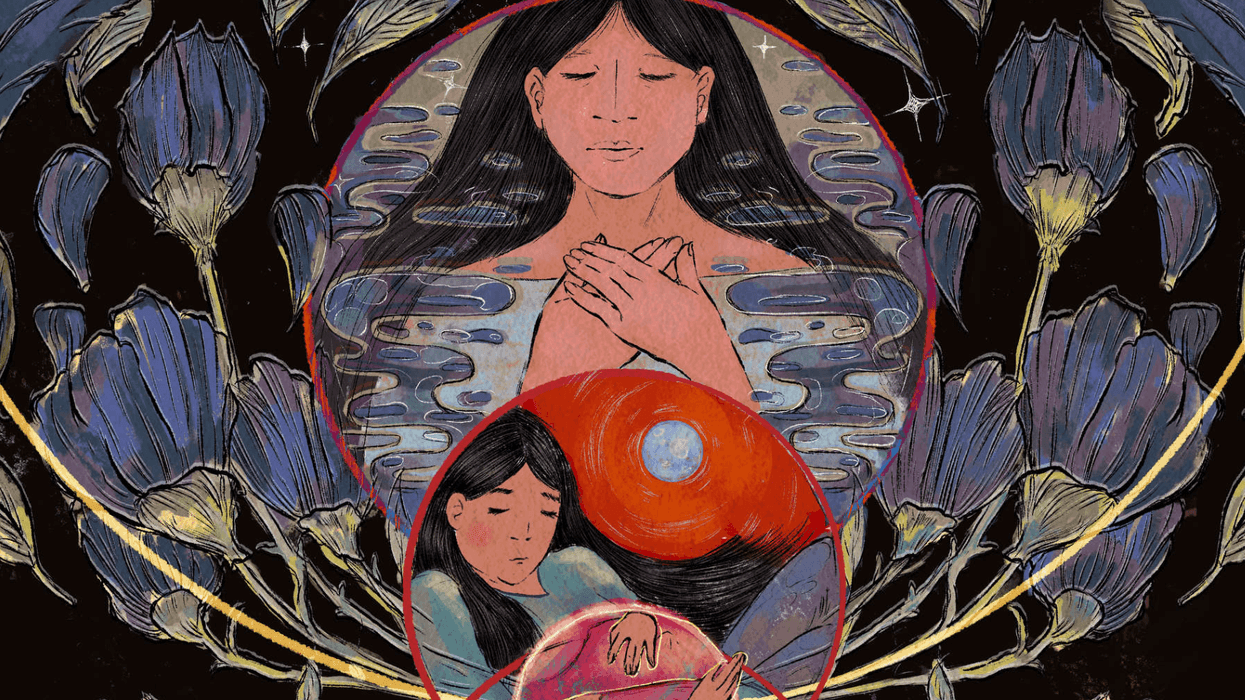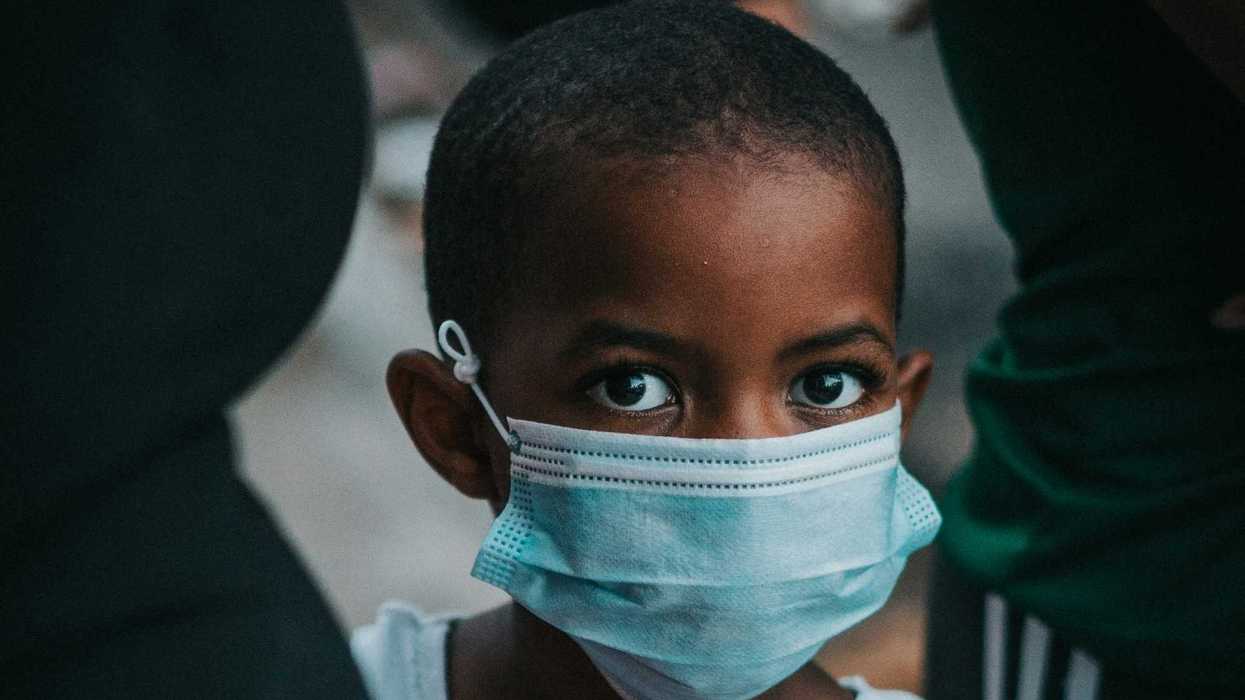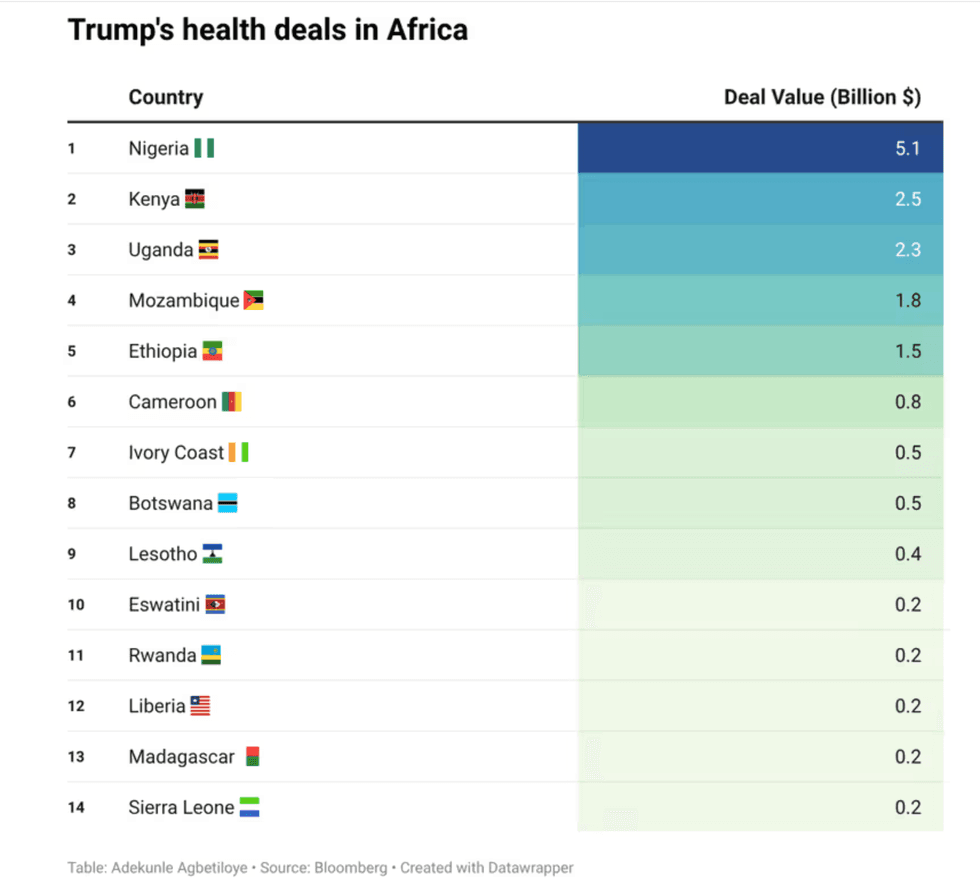Every October, pink ribbons spontaneously appear across the country, buildings are lit in rose hues, and fundraisers pop up in communities. Survivors like me share our stories during Breast Cancer Awareness Month, a celebration of progress and a somber reminder of the work that still needs to be done to eradicate the disease. It’s also a moment to reflect on the virtue of resilience and what it can teach us about endurance, renewal, and our continued capacity to move forward through hardship.
We often hear about resilience in the context of personal struggles. For breast cancer patients, it means enduring the exhausting cycles of biopsies, surgeries, infusions, and medication. It means clinging to hope amidst pervasive fear and the loss of control. My own journey with breast cancer demanded precisely that– the ability to rise again after being knocked down and rebuild strength under adversity.
Resilience means acknowledging the hardships we encounter while committing to moving forward. In everyday life, it’s rarely glamorous. It is a quiet, determined persistence that carries us through our darkest moments.
This capacity to endure – to acknowledge hardship and continue forward – is far more than an individual characteristic. It’s a fundamental human virtue, and one that our society and democracy urgently need.
Consider how resilience has shaped American progress. The suffragists fought for the vote for over eighty years, while the civil rights movement pressed for decades before securing legislative victories. In both cases, decisive breakthroughs transpired only after advocates endured long stretches of resilience in the face of failure and hostility. These movements teach us that resilience isn’t about swift victories or complete conquests. It’s about showing up again and again, even when progress seems impossible.
Today, our nation faces its own test of democratic resilience. Polarization, disinformation, and distrust are eroding the common bonds that unite us as citizens, frustrating many Americans. Some have retreated into cynicism, while others have withdrawn altogether, convinced their voices no longer matter. Just as early detection is crucial in treating cancer, we must recognize the warning signs when citizens lose faith in one another and in the possibility of shared progress.
Resilience doesn’t mean ignoring the challenges we encounter. Instead, it’s the courage to face difficulty with honesty and to persist despite uncertainty. As a breast cancer patient, I discovered that resilience isn’t determined by our level of control over a situation. Rather, it’s measured by our response to adversity.
Democratic engagement works in the same way. None of us can dictate outcomes or win all the time. Civic resilience is returning to the process—arguing in courtrooms, debating in town halls, and voting even when the results disappoint us. It means attending a school board meeting, voting regularly in elections, problem-solving at the local level, or engaging in respectful debate with your neighbor. These aren’t dramatic gestures, but they are the daily practices that keep democracy alive and vibrant.
Since serving as Archivist of the United States, I’ve spoken with citizens across the country about our shared history and what it means to be an American. I’ve been struck by how many people, despite political differences, share the same quiet, inspiring determination: they want to preserve the stories, principles, and institutions that bind us together. The impulse to endure communally as Americans is civic resilience.
Breast Cancer Awareness Month reminds us to care for our physical health through regular screenings and vigilance. It also reminds us to nurture the collective health of our communities and democracy. Just as the body requires ongoing attention to thrive, our institutions flourish only when we embrace resilience as a civic habit—when we refuse to give up on one another, on our communities, and on the possibility of a more perfect union.
Dr. Colleen Shogan served as the 11th Archivist of the United States. She is the CEO of In Pursuit at More Perfect.












 Native American women face higher rates of death than other demographics. (Oona Zenda/KFF Health News)
Native American women face higher rates of death than other demographics. (Oona Zenda/KFF Health News)








